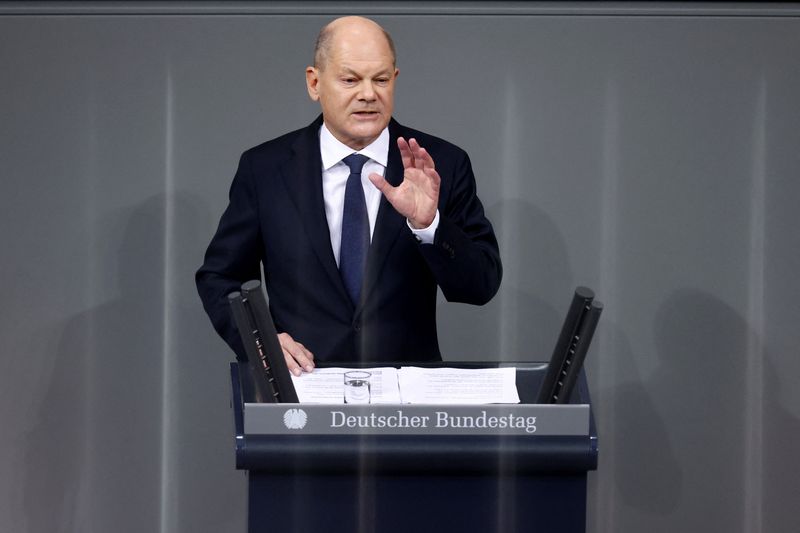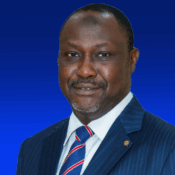
Parties present strategies to lift Germany out of its economic rut
On Tuesday, Germany’s main political parties laid out their different ideas for getting Europe’s biggest economy out of its rut. This came as marketing for a quick election on February 23 began.
It’s a tough time for Germany right now because Social Democrat Chancellor Olaf Scholz’s three-party government fell apart last month over disagreements about debt and then lost a confidence vote in parliament on Monday. This led to the election.
Its economy is going to shrink for a second year in a row, foreign competitors are threatening the very existence of big companies like Volkswagen, and political views toward migrants are becoming more hostile.
Tuesday also brought a sharp reminder of Germany’s problems: data from the Ifo institute showed that business mood fell more than expected in December.
The conservatives are expected to win the election, and their head, Friedrich Merz, said at the launch of their platform that they were ready to run Germany again after three years of being in opposition.
I did not support the chancellor’s request for a vote of confidence yesterday. A long time ago, most people stopped trusting him. According to Merz, investors have stopped putting money into Germany because they no longer trust him.
His party, the Christian Democratic Union (CDU), wants to bring down the cost of energy and lower income and business taxes in order to make the economy stronger.
Merz’s political opponents say that his plans have no costs, but the CDU thinks that it can pay for them by making the economy grow faster and cutting some welfare payouts.
BRAKE ON DEBT REFORM?
So far, Merz has said that he will follow the debt brake, which is a constitutional limit on how much the government can spend. The tool was created after the financial crisis of 2009, but some people say it slows down growth by making it harder to borrow money and spend.
Scholz’s Social Democrats (SPD) and the Greens, who are in the same government, want to change how the debt brake works.
The Greens’ Economy Minister Robert Habeck said that Merz wasn’t dealing with the facts that Germany was facing.
At the launch of his party’s platform, Habeck said, “We have to get our infrastructure up to speed.” He estimated that fixing Germany’s old, crumbling infrastructure would cost hundreds of billions of euros over the next ten years.
“That requires a reform of the debt brake.”
Scholz, who is currently Germany’s least popular leader in modern times and is trying to regain power, said that jobs were at the heart of his party’s platform.
At the start of the SPD’s program, he said, “The first and most important thing is to protect jobs and make sure new ones are created.”
With an off-budget 100-billion-euro fund, the SPD also wants to encourage private investment, especially in German industry, and bring infrastructure up to date.
Some economists, though, wondered if any of the big parties really had anything new to offer.
“Small steps won’t work; we need to think bigger.” “That’s not really in most of the election platforms,” said Cyrus De La Rubia, chairman of the economics department at Hamburg Commercial Bank.
As expected, lowering income taxes boosts confidence… “If these small interventions keep happening, resignation will finally set in because no one is brave enough to fight back.”
TWO VIEWS ON UKRAINE
In addition to the economy, migration and the war in Ukraine are also likely to be big topics in the election campaign.
Scholz’s leadership has increased Germany’s spending on defense, making it the second largest military defender of Ukraine after the US.
Merz wants to go even further, though, by giving Kyiv Taurus weapons. Scholz is worried that this could bring Germany into direct conflict with Russia.
Defense spending should be more than the 2% of national output that the NATO group wants. This is what the Greens want.
On the other hand, the far-right Alternative for Germany (AfD), which is currently polling second place behind the conservatives, wants to stop sending weapons to Ukraine and start getting along again with Moscow.
All Categories
Recent Posts
Tags
+13162306000
zoneyetu@yahoo.com



